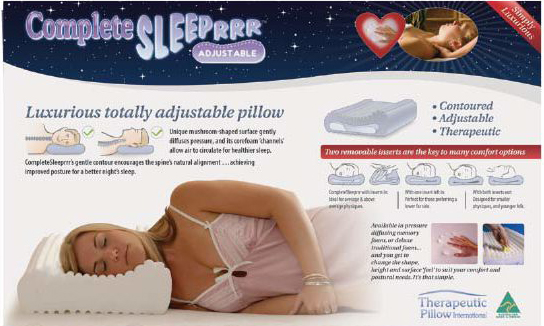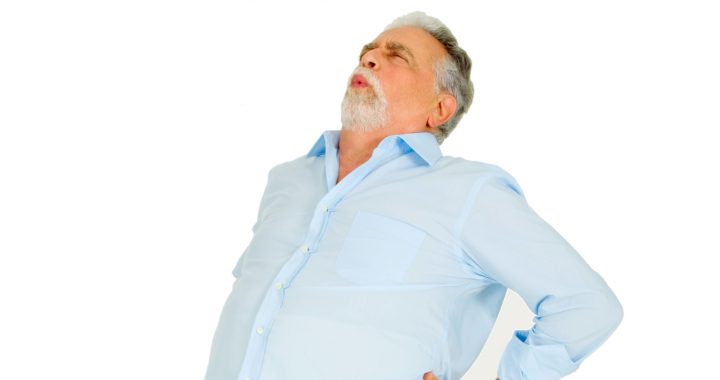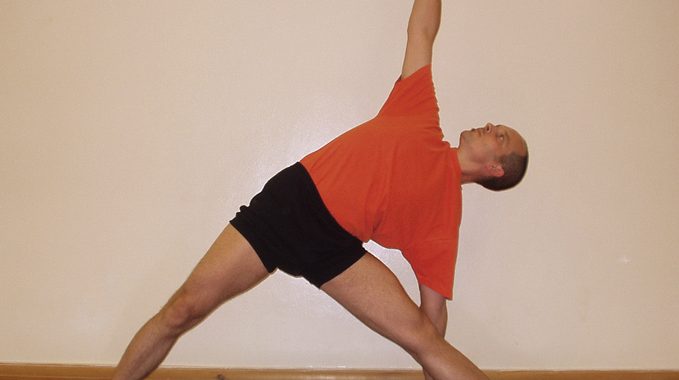As a Chiropractor, I am often asked for advice on pillows, beds and mattresses and which ones can help to prevent back or neck pain. In truth, there is no single answer that suits all.
Research by the British Chiropractic Association in 2013 showed that of those experiencing back or neck pain, 30% said that their pain could be brought on by a night’s so-called ‘rest’. We all come in different weights, shapes and sizes, but have one thing in common: we spend more than a third of our lives in bed, so choosing the right bed, pillow or mattress is essential to help reduce the risk.
Which is better, a hard or soft mattress?
The best mattress is a ’supportive one‘. A 16 stone person sleeping on a mattress may not get the same support as a 10 stone person sleeping on the same mattress. If you are lying on your side, your spine should be parallel to the mattress and your spine should not sag (bed too soft) or bow (bed too hard). The longer you can spend lying on a mattress before you buy it, the more accurate this feeling will be.
Your pillow should be an extension of this i.e. your neck should be a continuation of the straight spine and not too high or too low. In clinic we sell the fantastic Complete Sleeprrr pillow and highly recommend it if you suffer neck problems and need a new pillow. For more information visit: Which Pillow Do We Recommend?
How do I know if my current bed/mattress needs replacing?
Are you and your partner getting comfortable nights sleep? If the answer is no, your bed may be the problem. Can you feel the springs through the mattress? If the answer is yes, it is definitely time to buy a new one. Is the bed more than 8 years old? If the answer is yes, consider purchasing a new one – beds wear out and may sag or lose support with time.
How do I minimise back or neck problems?
Try and adopt a sleeping position which creates less physical stress on the back. For example, lying on your side is better than lying on your front with your neck twisted to one side. Also try to avoid being in any one position for too long, and if your partner moves around a lot at night, try separate beds for a while as your partner’s movement could aggravate YOUR back condition!
Let us help you to achieve better health. You can book an appointment with our chiropractor Chris or massage therapists Liesa or Matt, by calling 01785 530911 in Stafford, or 01952 825042 in Newport. Alternatively you can book using our online diary.
We look forward to seeing you.






